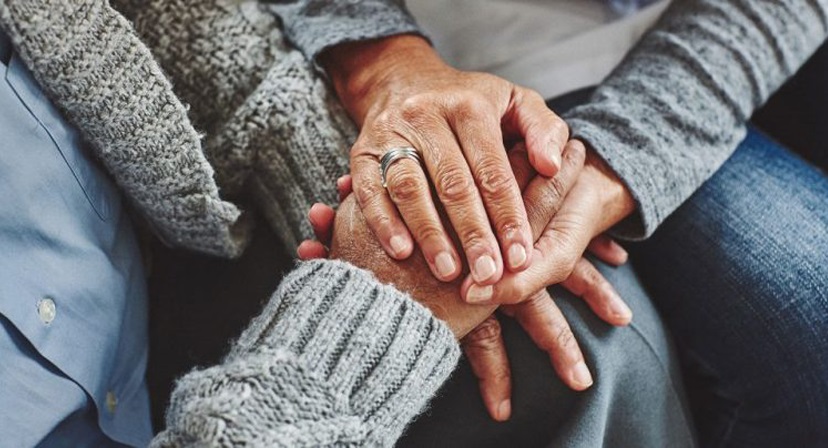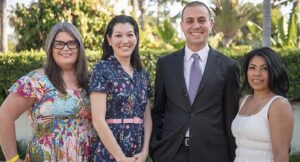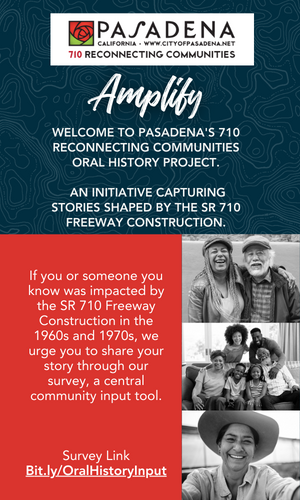
Look around you. While your iPhone and every other device may be packed with young 20-anythings rocking Tik-Tok, the nation is aging quicker than ever. And the first place it really hits home for you may not be that new knee pain you felt the other day, but the constant pain your mom and dad are in, and as you begin to consider their elder care, which almost seems to have snuck up on you.
And if it hasn’t yet, it will.
The number of Americans ages 65 and older will more than double over the next 40 years, according to The Urban Institute, reaching 80 million in 2040. The number of adults ages 85 and older—the group most often needing help with basic personal care—will nearly quadruple between 2000 and 2040.
Because of the Coronavirus pandemic, we’ve all heard a lot about the disease’s effect on our older population, and while they are vulnerable to a host of ailments along with COVID, they may also be more susceptible to elder abuse in that new nursing home you’ve been looking at ads for.
As Richard Berberian of Berberian Ain LLP—whose firm specializes in elder abuse cases—said in a recent interview with Pasadena Now, he hears a lot of stories from families, not only focused on COVID, but general care issues.
“It’s a wide range of issues from these nursing homes that we see and it’s quite shocking,” he said.
‘They range from very obvious things such as bed sores that developed because of neglect, to repeated falls, resulting not only in brain injuries but broken bones, to issues related to dehydration or failure to provide nutrition, and failure to provide safety, it’s all types of things.”
Interestingly enough, despite the massive media coverage, the bulk of the case that his law firm handles are not COVID-related.
“We haven’t been taking a lot of those cases.” Berberian explained.
“We look at them and evaluate them,” he said, “but early on, it was very difficult to (deal with) those cases because I don’t think anybody knew what was going on with them. I don’t think anybody knew how the disease was being passed from one person to another.”
Berberian explained further that at this point, more than eight months into the pandemic, the expectation is for nursing homes to have adjusted and put in protocols with regard to infectious disease policies and practices to protect vulnerable nursing home patients from acquiring the disease.
But whatever problems families may be experiencing with nursing homes, Berberian stresses that there are a number of tools available to families before lawyers need to get involved.
Berberian explained that the main regulatory agency tasked with making sure that a nursing home is operating in accordance with rules and regulations is the Department of Public Health.
“The Department of Public Health has a phone number and a website that a concerned loved one can either call or reach out to,” he said, “and they can submit complaints.”
All complaints to the LA County Department of Public Health will inevitably result in an investigation, he said, and the department will let family members know what the results of that investigation are.
“The more information you provide, the more robust an investigation is going to be,” he emphasized.
Family members can also contact the California ombudsman, who will act as a liaison between the family and the nursing home.
Berberian admits that such cases can be daunting and heartbreaking for families, who may not have any idea of where to look for help.
“They’re witnessing a loved one wither away” he said, “a loved one who has repeated admissions to the hospitals without a clear picture of what is happening, and phone calls going unanswered.
“I am very sympathetic to that,” he continued. “We take pride in treating our clients as family and treating their family members as they are our own mothers or fathers or grandfathers and grandmothers.
The firm will guide family members through that process, he stressed.
“If you don’t have the wherewithal or the ability, or the energy to contact the Department of Public Health, I will assist you in that process,” said Berberian.
While Berberian may see scores of cases a year, he takes each one to heart, he says.
“I don’t know what it is, maybe it’s just me personally” he explained, “but I’d like to think that other citizens of California would be just as emotional and caring about elderly citizens in California, who deserve the respect and dignity toward the end of their lives.
“These are the people who raised us,” he continued. “They’re the ones who cared for us. It’s no different than trusting my two-year-old to a preschool. You expect that they will give the utmost care. That’s no different than a 90 year old needing help feeding, bathing, changing, even walking.
“These are basic human rights that these folks are entrusting these facilities to provide,” he continued. “And time and time and time again, we see that it is not being done. And unfortunately, my conclusion is that it is all because of money.”
But as Berberian explained and emphasized, the pursuit of justice is foremost in these cases, whether or not there is a case to pursue.
“We will help you with the issues to raise. We don’t just shut the door on and say, ‘Good luck moving forward.’ We will give you counsel. We’ll give you recommendations on how to go about this process, because we understand that it’s very unnerving to a concerned family member.”
Berberian Ain LLP is at 500 N Central Ave Suite 940, Glendale, CA 91203. (818) 450-5367. www.berberianain.com/elder-abuse/








